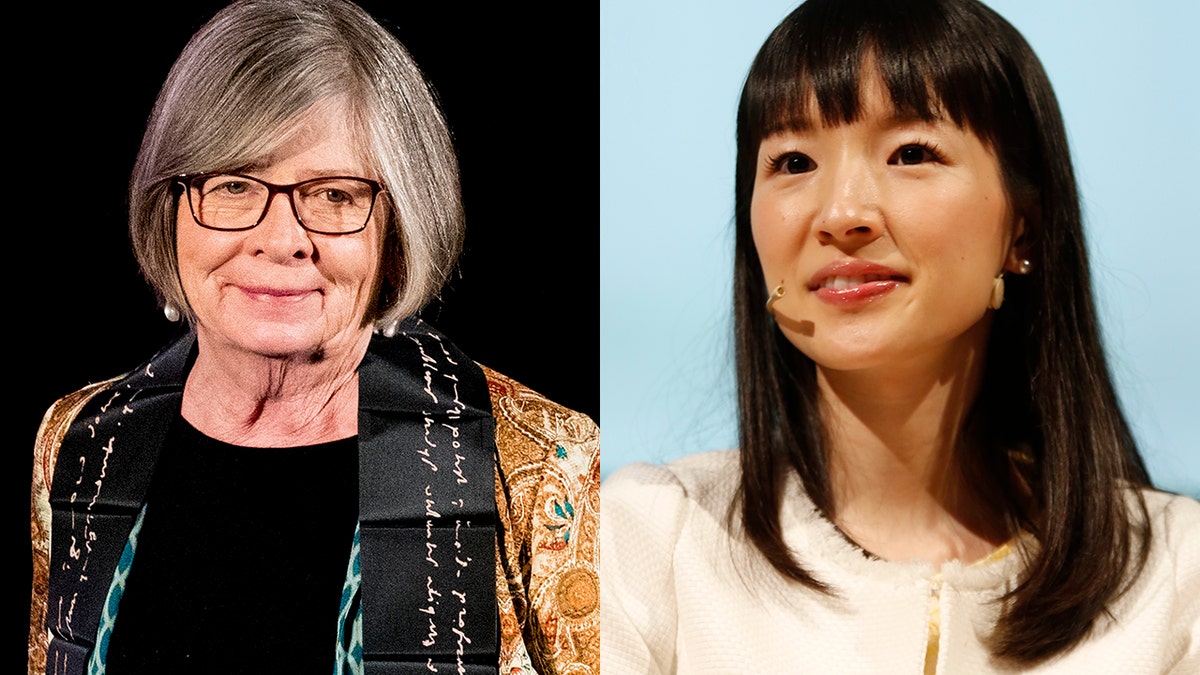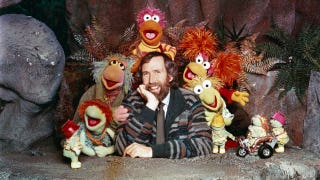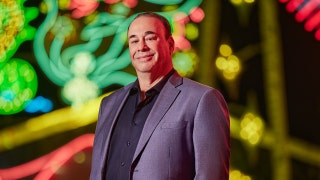
Barbara Ehrenreich has been accused of writing racist tweets against Netflix star Marie Kondo. (Getty)
A prominent US political activist and author is sparking anything but joy after she made racist remarks about Marie Kondo.
Barbara Ehrenreich, a 77-year-old author, is under fire after tweeting: “I will be convinced that America is not in decline only when our de-cluttering guru Marie Kondo learns to speak English.”
Kondo, 34, became affectionately known as the decluttering guru after the publication of her organizational guide, “The Life-Changing Magic of Tidying Up.” But she shot to international and viral fame after the release of her eponymous Netflix show.
Whether you love it or hate it, Kondo’s minimalist KonMari method of tidying — which is centered around only keeping things that are functional or truly “spark joy” in your life — has become a social phenomenon.
But Ehrenreich’s post about the decluttering guru went too far.
“It says a LOT about our current moment when basically anyone could come out saying super racist s–t and it seems plausible they’ve been thinking it all along,” writer Celeste Ng tweeted.
Ehrenreich deleted her original tweet, but in a follow-up post, she doubled down on her remarks in a bizarre attempt to justify them.
HOW TO DECLUTTER YOUR GARDEN USING THE KONMARI METHOD
“It’s OK with me that [Kondo] doesn’t speak English to her huge American audience but it does suggest that America is in decline as a superpower.
Her non-apology only ended up stoking further outrage online.
“Jesus Christ,” wrote author Roxane Gay.
DEMI LOVATO DEACTIVATES TWITTER AFTER MOCKING 21 SAVAGE'S ICE ARREST
“The casual and maybe involuntary xenophobia that seems to frame this tweet is painful to read,” tweeted writer Jeff Yang.
Ehrenreich eventually took her chances with another apology, saying her original intent was a bad joke gone awry.
“Sorry to anyone offended by my tweet about Marie Kondo!” Ehrenreich wrote. “Sometimes my attempts at subtle humor just don’t work.”
Ehrenreich is known as a social justice activist. Her 2001 book, “Nickel and Dimed,” was about the plight of low-income Americans.














































